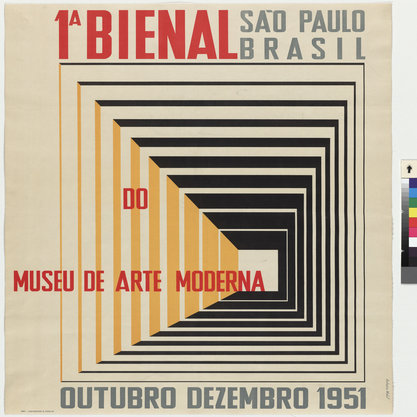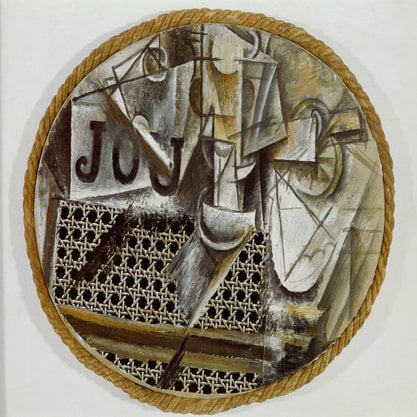Article
Torres-García, Joaquín (1874–1949) By Cortés Saavedra, David Fernando
Article
Father of Universalismo Constructivo and founder of the Asociación de Arte Constructivo and the Taller Torres García in Montevideo, Torres-García was the most important modern Uruguayan artist of his time and a direct precursor to concrete art in Latin America. Based on his experiences in Europe with artist Antoni Gaudí, the group De Stijl, and the artists gathered around the magazine Circle et Carré, Torres-García elaborated the premises of his Universalismo Constructivo, which he would concretize upon his return to Montevideo in 1934. Universalismo Constructivo is best defined as Torres García’s constructivist work in which schematic figurative elements are held by a grid pattern regulated by the golden section and a pinwheel structure. It was considered by North American theorist Clement Greenberg as an example of all over painting.


